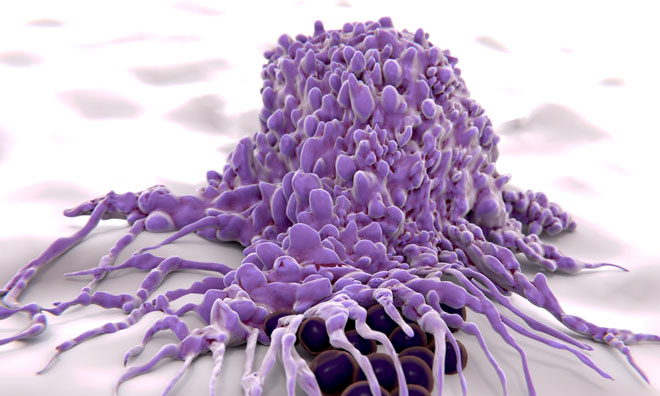현재 위치:홈 > 뉴스현황 > Press Events > Blocking Single Macr...
저자: 업로드:2017-07-14 조회수:
Targeting a single enzyme that diverts the respiratory cycle in activated macrophages could offer new hope for treating inflammatory conditions, such as arthritis, sepsis, and autoimmune diseases. Scientists at the U.K.’s Imperial College Faculty of Medicine and Queen Mary University of London (QMUL) and Ergon Pharmaceuticals in the U.S. have shown that a drug in preclinical development by Ergon effectively reduces inflammation in rodent models of rheumatoid arthritis and severe kidney inflammation by decreasing macrophage infiltration.
The therapeutic concept is founded on the discovery that when macrophages are activated by exposure to microbial antigens their metabolism is diverted from its normal path to generate antimicrobial compounds. This diversion, mediated by the enzyme branched chain aminotransferase 1 (BCAT1), effectively disrupts the tricarboxylic acid cycle (TCA). BCAT1 is involved in breaking down branched-chain amino acids, such as leucine, to generate macromolecule precursors.

“All indications point
toward a completely novel pathway that is linked to the newly discovered broken
TCA cycle,” suggested Jacques Behmoaras, Ph.D., at Imperial College,
and Ergon’s founder and director of R&D, Dr. Adonia Papathanassiu, who
co-led the research. Speaking to GEN,
they said, “This is very exciting for us as it provides the opportunity for the
development of BCAT1 inhibitors as standalone anti-inflammatory therapies for
patients that do not respond well to current treatments or in combination with
other drugs for patients with partial responses to common therapies.”
The teams at Imperial College and at Ergon had independently identified BCAT1 in macrophages as an important and druggable target in inflammation. Working together with the team at QMUL, headed by Claudio Mauro, Ph.D., the researchers showed that blocking BCAT1 using Ergon’s small-molecule leucine analog ERG240 prevented BCAT1 from diverting the cells’ metabolism. In the mouse collagen-induced arthritis model, treatment using ERG240 reduced joint inflammation by more than 50% and protected joint integrity. In the rat crescentic glomerulonephritis model, ERG240 therapy improved kidney function by reducing macrophage infiltration into affected tissues.
“Thus, macrophage BCAT1 and its ability to interfere with metabolic reprogramming is an attractive pharmacological target for the treatment of chronic inflammatory diseases,” the researchers conclude in their published paper in Nature Communications, which is titled “BCAT1 Controls Metabolic Reprogramming in Activated Human Macrophages and Is Associated with Inflammatory Diseases.”